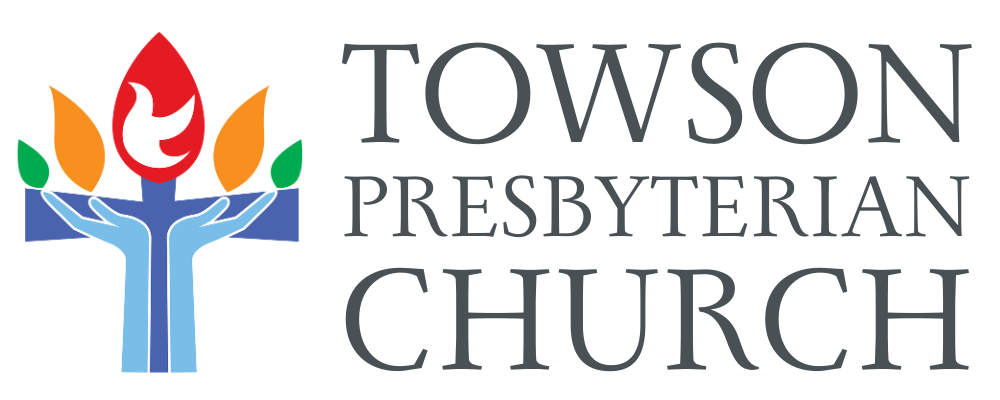If I look at my own faith journey my earliest conscious memory was when I entered Catholic elementary school. I remember being introduced to God and Jesus through the Baltimore Catechism which for the uninitiated is a book that tries to answer big questions with simple answers- Who is God, Where is God, What is Omnipotent, etc. I much preferred reading stories about the lives of the saints which presented me with heroes and heroines who modelled faithful living. In retrospect, I realize although these stories and what I was being presented in school was a model of faith for me and sustained me, but it also set the stage for many questions since this model of faith was very different from my family model of alcoholism and emotional volatility. But rather than encourage questions Catholic education was more about simply accepting doctrine so it is easy to eventually write off what doesn’t seem relevant. But when I was a cocky 17-year-old high school student attending the required senior class retreat I encountered a priest who actually encouraged the cynics in our group to ask and struggle with the tough questions. Although I don’t remember his name or his face, his willingness to allow the questions fed those earlier seeds of faith.
By the time I darkened TPC’s doorway I had married Ed whose family openly practiced and talked about their faith; I had spent several years working for Baltimore County Protective Services where half my caseload was incest cases; and I was doing therapy with adults who were in the midst of crisis or had a history of some childhood trauma. I ask George Toole, our pastor at the time “Why does God allow this? Where is God in all this?” He recommended the book The Will of God by Leslie Wetherbee (still relevant although written in 1944). It answered some questions and raised others, but it was a step along the journey.
About the same time, I had a clinical supervisor, a Christian as well as a good therapist whose advice to me was question and then reflect and listen for God. The listening is as important as the questions. So I started listening more intentionally.
As I’ve dealt with my own issues and worked with many clients and talked with friends, I believe it is struggling with the questions that leads to the most spiritual growth.
Two years ago, I received one of those diagnoses that no one wants to hear. After the words Parkinson’s Disease sunk in, I experienced a myriad of feelings and for awhile I was angry with God. I had a lot of questions. I reread Wetherbee’s book, as well as some other books on faith. I still don’t have all the answers to my questions, but I found a quote by theologian and religious scholar, Thomas Merton that has been a mantra. I will share it with you.
“You do not need to know precisely what is happening or exactly where it is going. What you need is to recognize the possibilities and challenges offered by the present moment and to embrace them with courage, faith, and hope.
Perhaps not definitive, but it is an answer. So, in addition to prayer and reflection and lots of questions twice a week I duck and weave in a boxing class for people with Parkinson’s and I have met the most inspiring people.
I don’t believe faith can grow in a vacuum – at least it couldn’t for me. So, I thank all of you who have offered me the grace of allowing the questions,
Shall we pray: Good and gracious God, on the days when the clouds hide the sun, brighten our way. On the days when we have more questions than answers, assure us of your presence. And then, washed in your mercy, may we be a blessing for our brothers and sisters who share our sacred journey. Amen
